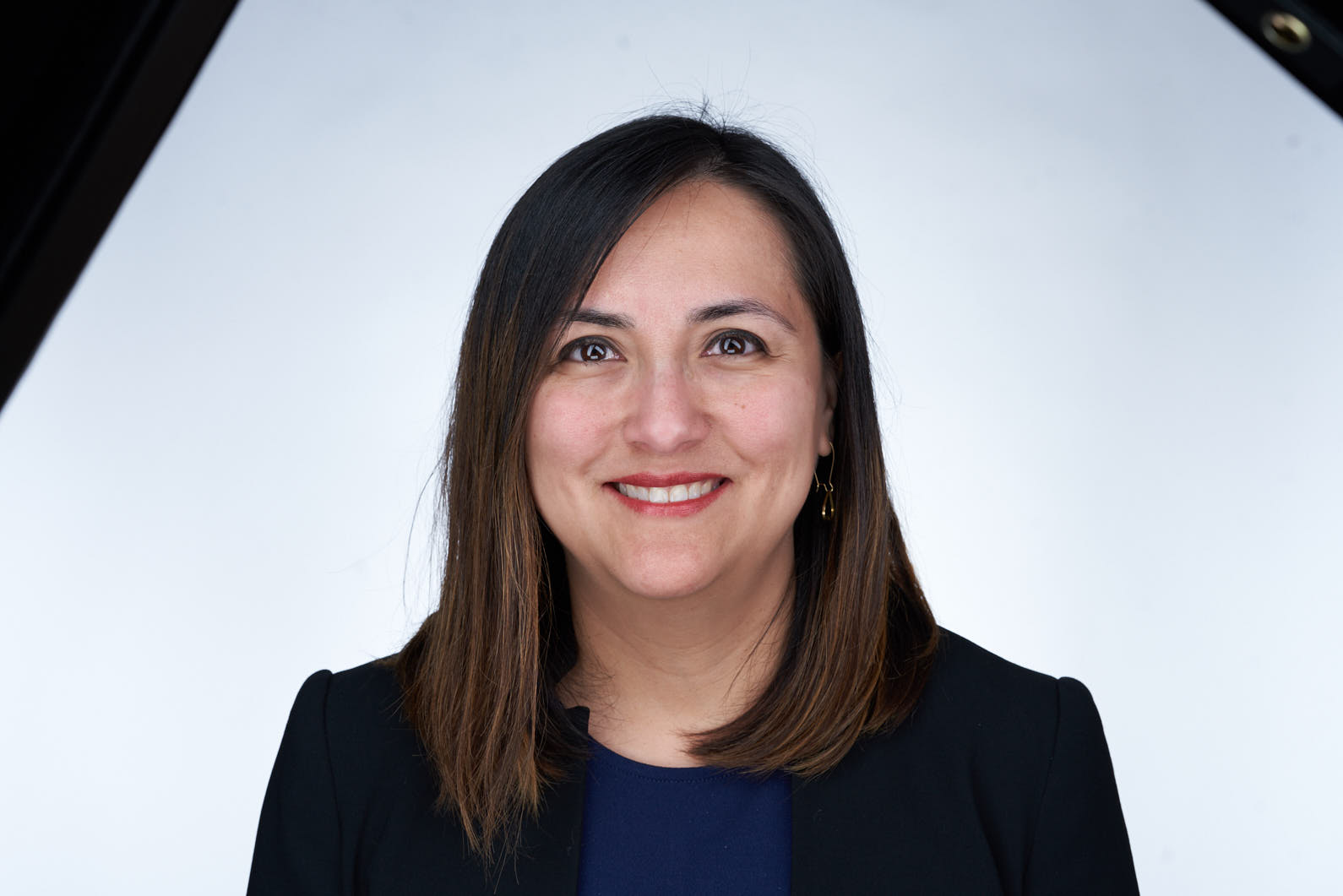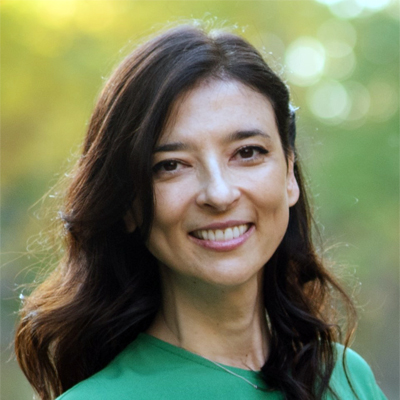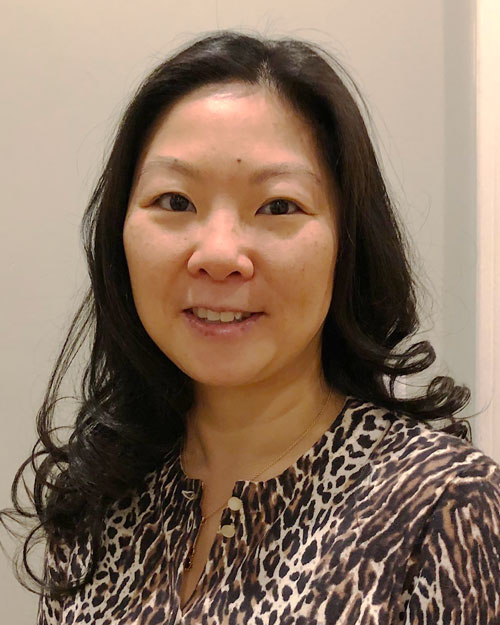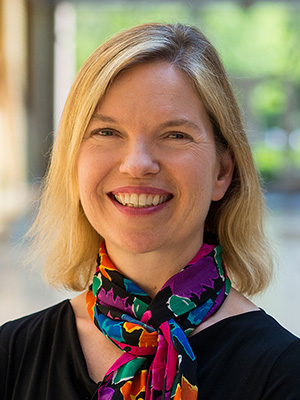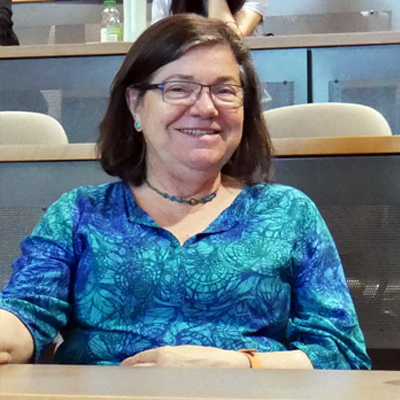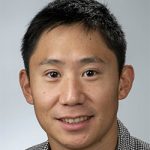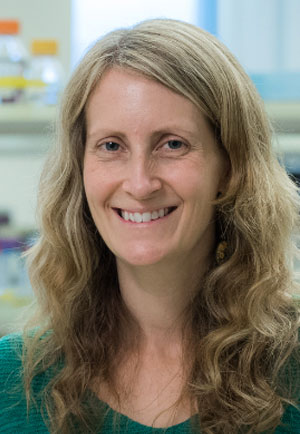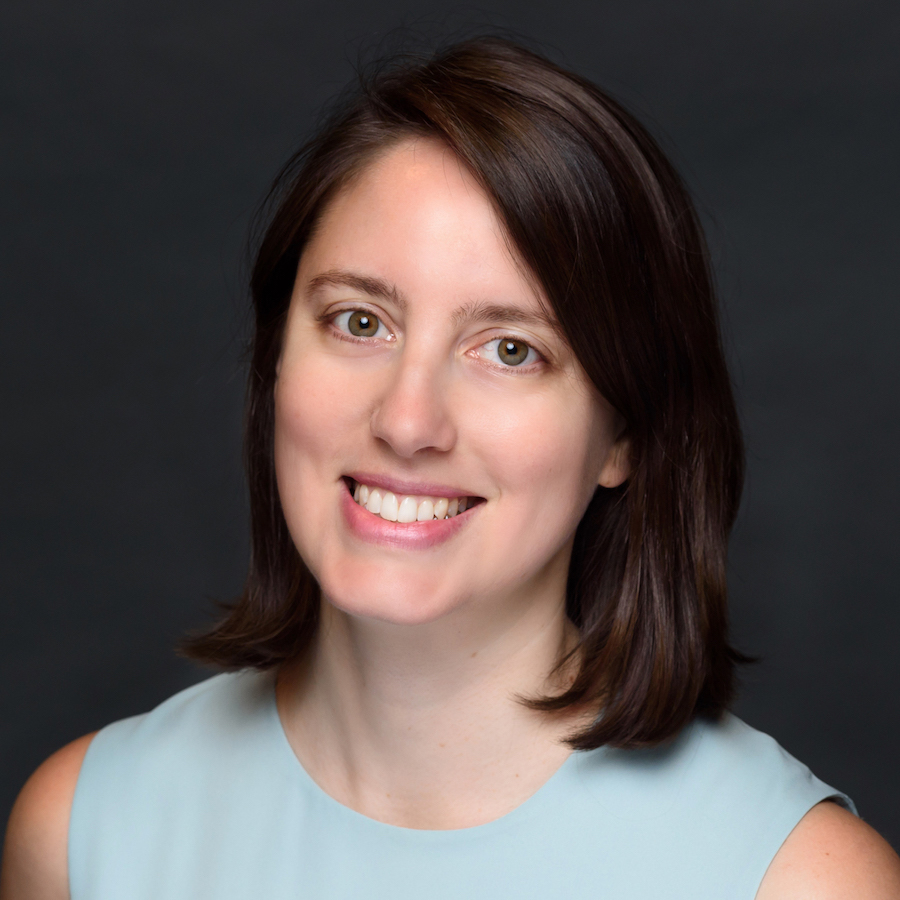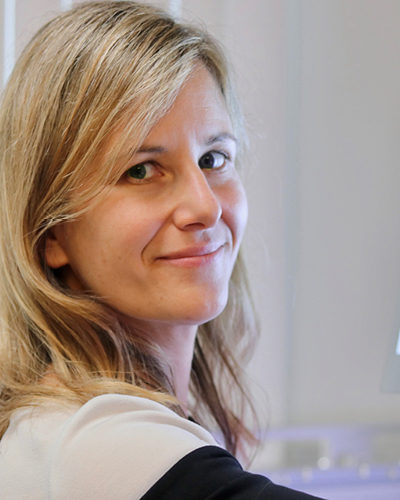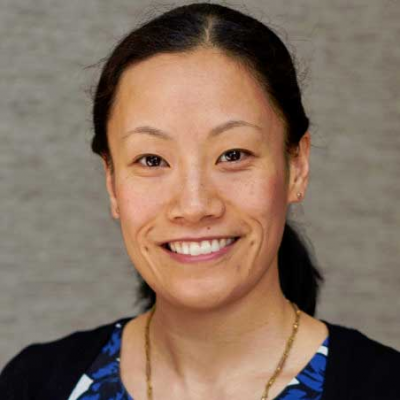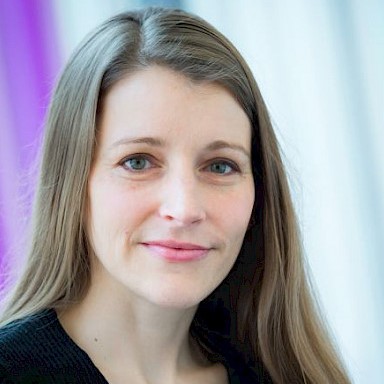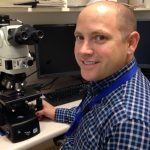Faculty positions:
- Assistant Professor, University of BC. Department of Microbiology, 1968-75
- Associate Professor, University of BC. Department of Microbiology, 1975-80
- Professor, University of BC. Department of Pathology & Laboratory Medicine, 1980-2004
- Professor Emeritus, 2004-present
Visiting Fellowships & Professorships:
- University of Warwick, Department of Biological Sciences, UK, 1975-76
- University of Western Australia, Perth, Department of Microbiology, 1986, 1990, 1992
Notable Academic Appointments:
- Past Chair, UBC Bio-safety committee for 10 years
- One-time Research Director, HIV/AIDS Laboratory, BC. Provincial Health Laboratory
- One-time Co-Director UBC Viral Diagnostic Laboratory
Selected Publications
Books (sole author)
1) Antiviral compounds from plants, by J.B. Hudson, CRC Press, 1990
2) The viruses and microbes within our bodies, by J.B. Hudson, Outskirts Press, 2013
3) Viruses in our farms: How industrial farming creates pathogenic viruses, by
JB Hudson, Friesen Press, 2014
4) The Echinacea herb story: Tradition meets modern science, by JB Hudson,
Friesen Press, 2016
Notable Book Chapters (sole author)
1) Hudson, JB. Herpesviridae, chapters 12-23 (p81-146) in Virus infections of rodents and lagomorphs. Elsevier Science, 1994
2) Hudson James, Potential of the phytomedicine Echinacea in the treatment of pulmonary infections and bronchitis. Chapter 5 in : Approaches to bronchitis, 43-52. Intech books, 2011
Journals
More than 150 publications in peer-reviewed journals (details of post-retirement articles appended).
Peer-reviewed Publications (post-retirement period, 2004-2019):
1) Beloin, N. Gbeassor, M. Akpagana, K. Hudson, J. deSoussa, K. Koumaglo, K. Arnason, JT. (2005) Ethnomedicinal uses of Momordica charanthia (Cucurbitaceae) in Togo and relation to its phytochemistry and biological activity. J. Ethnopharm. 96: 49-55
2) Hudson, J. (2005) Antiviral activities in tropical plants: limitations of existing bioassays and new research developments, in Biodiversity and Health Proc. Intl. Symp. Ottawa, 2003 ed. by Arnason et al. NRC Research Press Ottawa. 91-92
3) Vimalanathan, S. Kang, L. Treyvaud Amiguet, V. Livesey, J. Arnason, JT. Hudson, J. (2005) Echinacea purpurea aerial parts contain multiple antiviral compounds. Pharmac. Biol. 43(9): 740-745.
4) Hudson. J. Vimalanathan, S. Kang, L. Treyvaud Amiguet, V. Livesey, J. Arnason, JT (2005). Characterization of antiviral activities in Echinacea root preparations. Pharmac. Biol. 43 (9): 790-796
5) Hudson, JB. Altamirano, M (2006). The application of DNA microarrays to Ethnopharmacology research; invited review. J. Ethnopharm. 108: 2-15
6) Sharma, M. Arnason, JT. Burt, A. Hudson, JB (2006). Echinacea extracts modulate the pattern of chemokine and cytokine secretion in rhinovirus-infected and uninfected epithelial cells. Phytother Res. 20: 147-152
7) Sharma, M. Arnason, JT. Hudson,JB. (2006) Echinacea extracts modulate the production of multiple transcription factors in uninfected cells and Rhinovirus-infected cells. Phytother. Res. 20 1074-1079
8) Hudson, JB. Sharma M. Petric M. (2007) Inactivation of norovirus by ozone gas in conditions relevant to health care. J Hosp Infec 66: 40-45
9) Altamirano-Dimas,M. Hudson JB. Cochrane D. Nelson C. Arnason JT. (2007). Modulation of immune response gene expression by Echinacea extracts: results of a gene array analysis. Can J. Physiol Pharmacol. 85: 1091-1098
10) Sharma, M. Hudson, JB (2008). Ozone gas is an effective and practical anti-bacterial agent. Am J Infec Control 36: 559-563
11) Sharma, M. Schoop, R. Hudson, JB (2008). Echinacea as an anti-inflammatory agent: the influence of physiologically relevant parameters. Phytother. Res. 23: 863-867
12) Sharma M. Vohra S. Arnason JT. Hudson JB. (2008) Echinacea extracts contain significant and selective activities against human pathogenic bacteria. Pharmac. Biol. 46:111-116
13) Altamirano-Dimas,M. Sharma M. Hudson JB. (2009) Echinacea and anti-inflammatory cytokine responses: results of a gene array and protein array analysis. Pharmac. Biol. 47: 500-508
14) Vimalanathan, S. Arnason JT. Hudson JB. (2009). The anti-inflammatory activities of Echinacea extracts do not correlate with traditional marker components. Pharmac. Biol. 47: 430-435
15) S Vohra, D Adams, JB Hudson, JA Moore, S Vimalanathan, M Sharma, A Burt, E Lamonte, N Lacaze, JT Arnason, TDG Lee (2009). Selection of Natural Health Products for Clinical Trials: a preclinical template. Can J Physiol Pharmacol. 87: 371-378
16) Vimalanathan, S. Ignacimuthu,S. Hudson JB. (2009). Medicinal plants of Tamil Nadu (Southern India) are a rich source of antiviral activities. Pharmac. Biol. 47: 422-429
17) Sharma M. Anderson SA. Schoop R. Hudson JB. (2009) Induction of multiple pro-inflammatory cytokines by respiratory viruses and reversal by standardized Echinacea, a potent antiviral herbal extract. Antivir. Res. 87: 165-170
18) Vimalanathan S, Hudson JB (2009). Multiple inflammatory and antiviral activities in Adansonia digitata (Baobab) leaves, fruits and seeds. J. Med.Plant Res. 3: 576-582
19) Sharma M, Schoop R, Hudson JB (2009). The Efficacy of Echinacea in a 3-D Tissue Model of Human Airway Epithelium. Phytother, Res. 23: DOI: 10.1002/ptr.3051
20) Pleschka S, Stein M, Schoop R, Hudson JB (2009). Antiviral properties and mode of action of standardized Echinacea purpurea extract against highly pathogenic avian influenza virus (H5N1, H7N7) and swine-origin H1N1 (S-OIV). Virology J. 6:197
21) Hudson JB. (2009). The use of herbal extracts in the control of influenza. J Med. Plant Res. 3 (13) 1189-1195
22) Sharma M, Anderson S, Schoop R, Hudson JB (2010). Bactericidal and anti-inflammatory properties of a standardized Echinacea extract (Echinaforce): Dual actions against respiratory bacteria. Phytomedicine. 17: 563-568.
23) Canlas J, Hudson JB, Sharma M, Nandan D (2010). Echinacea and trypanasomatid parasite interactions: Growth-inhibitory and anti-inflammatory effects. Pharmac. Biol. NPHB #448731. In Press
24) Hudson JB. Sharma M. Vimalanathan,S. (2009) Development of a practical method for using ozone gas as a virus decontaminating agent. Ozone: Science & Engineering. 31: 216-223
25) Sharma M. Hudson JB. (2009). The practical application of ozone gas as an anti-fungal (anti-mold) agent. Ozone: Science & Engineering. 31: 326-332
26) James B Hudson (2010). Review The multiple actions of the phytomedicine Echinacea in the treatment of colds and flu. Journal of Medicinal Plants Research Vol. 4(18), pp. xxx-xxx, 4 October, 2010 Available online at http://www.academicjournals.org/JMPR ISSN 1996-0875© 2010 Academic Journals
27) M. Sharma, R. Schoop and JB Hudson (2010) The Efficacy of Echinacea in a 3-D Tissue Model of Human Airway Epithelium. Phytother. Res. 24: 900–904
28) Hudson JB and Vimalanathan S, Sharma M. (2011) Review article: Immune‐modulation and Anti‐infection Properties of the Phytomedicine Echinacea. South Asian J Exp Biol; 1 (S1): 3‐11; 2011
29) James Hudson and Selvarani Vimalanathan. (2011) Review Echinacea—A Source of Potent Antivirals for Respiratory Virus Infections. Pharmaceuticals 2011, 4, 1019-1031; doi:10.3390/ph4071019. ISSN 1424-8247
30) James Hudson , Michael Kuo and Selvarani Vimalanathan. (2011) The Antimicrobial Properties of Cedar Leaf (Thuja plicata) Oil; A Safe and Efficient Decontamination Agent for Buildings. Int. J. Environ. Res. Public Health 2011, 8, 4477-4487; doi:10.3390/ijerph8124477
31) James Hudson. (2011). Potential of the Phytomedicine Echinacea in the Treatment of Pulmonary Infections and Bronchitis. Chapter Number 9. “Bronchitis”. Intech Open Access Publications.
32) M. Sharma, R. Schoop, A. Suter and J. B. Hudson. (2011). The Potential Use of Echinacea in Acne: Control of Propionibacterium acnes Growth and Inflammation. Phytother. Res. 25: 517–521 (2011)
33) James B. Hudson. (2012). Review Article Applications of the Phytomedicine Echinacea purpurea (Purple Coneflower) in Infectious Diseases. Journal of Biomedicine and Biotechnology. Volume 2012, Article ID 769896, 16 pages doi:10.1155/2012/769896
34) Selvarani Vimalanathan and James Hudson. (2012). Anti-Influenza Virus Activities of Commercial Oregano oils and their Carriers. Journal of Applied Pharmaceutical Science 02 (07); 2012: 214-218
35) Vimalanathan, Selvarani; Schoop, Roland; Hudson, James. (2013) High-potency Anti-influenza Therapy by a Combination of Echinacea purpurea fresh herb and root tinctures. Journal of Applied Pharmaceutical Science Vol. 3 (12), pp. 001-005, December, 2013. Available online at http://www.japsonline.com. DOI: 10.7324/JAPS.2013.31201 ISSN 2231-3354
36) Vimalanathan, Selvarani and Hudson, James. (2013). The Activity of Cedar Leaf oil Vapor Against Respiratory Viruses: Practical Applications. Journal of Applied Pharmaceutical Science Vol. 3 (12), pp. XXX-XXX, December, 2013. Available online at http://www.japsonline.com. DOI: 10.7324/JAPS.2013.3XXX ISSN 2231-3354
37) M. Sharma, C. Levenson, R. H. Bell, S. A. Anderson, J. B. Hudson, C. C. Collins and M. E. Cox. (2014). Suppression of Lipopolysaccharide-stimulated Cytokine/Chemokine Production in Skin Cells by Sandalwood Oils and Purified α-santalol and β-santalol. Phytother. Res. 28: 925–932 (2014) Published online 6 December 2013 in Wiley Online Library (wileyonlinelibrary.com) DOI: 10.1002/ptr.5080
38) Sharma, M., Hudson, J.B., Adomat, H., Guns, E. and Cox, M.E. (2014) In Vitro Anticancer Activity of Plant-Derived Cannabidiol on Prostate Cancer Cell Lines. Pharmacology & Pharmacy, 5, 806-820. Pharmacology & Pharmacy, 2014, 5, 806-820. http://dx.doi.org/10.4236/pp.2014.58091
39) Vimalanathan, S. Schoop, R. Suter, A. Hudson, J (2017). Prevention of influenza virus-induced bacterial superinfection by standardized Echinacea purpurea, via regulation of surface receptor expression in human bronchial epithelial cells. Virus Research 233 (2017) 51–59
40) Hudson,JB Vimalanathan, S. 2017. The phytomedicine Echinacea purpurea contains light-dependent and light-independent antiviral activities. J. Innovations in Pharmaceutical and Biological Sciences (JIPBS). Vol 4 (3) 109-113
41) Hudson, James B, 2019, Review article: Cedar leaf oil vapor in buildings and forests: Health benefits & mechanisms. JIPBS Vol. 6 (4), 33-41, Oct-Dec



